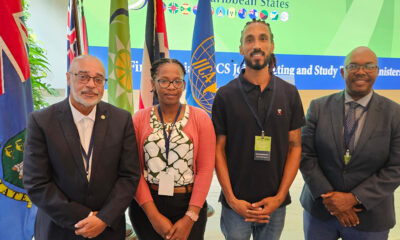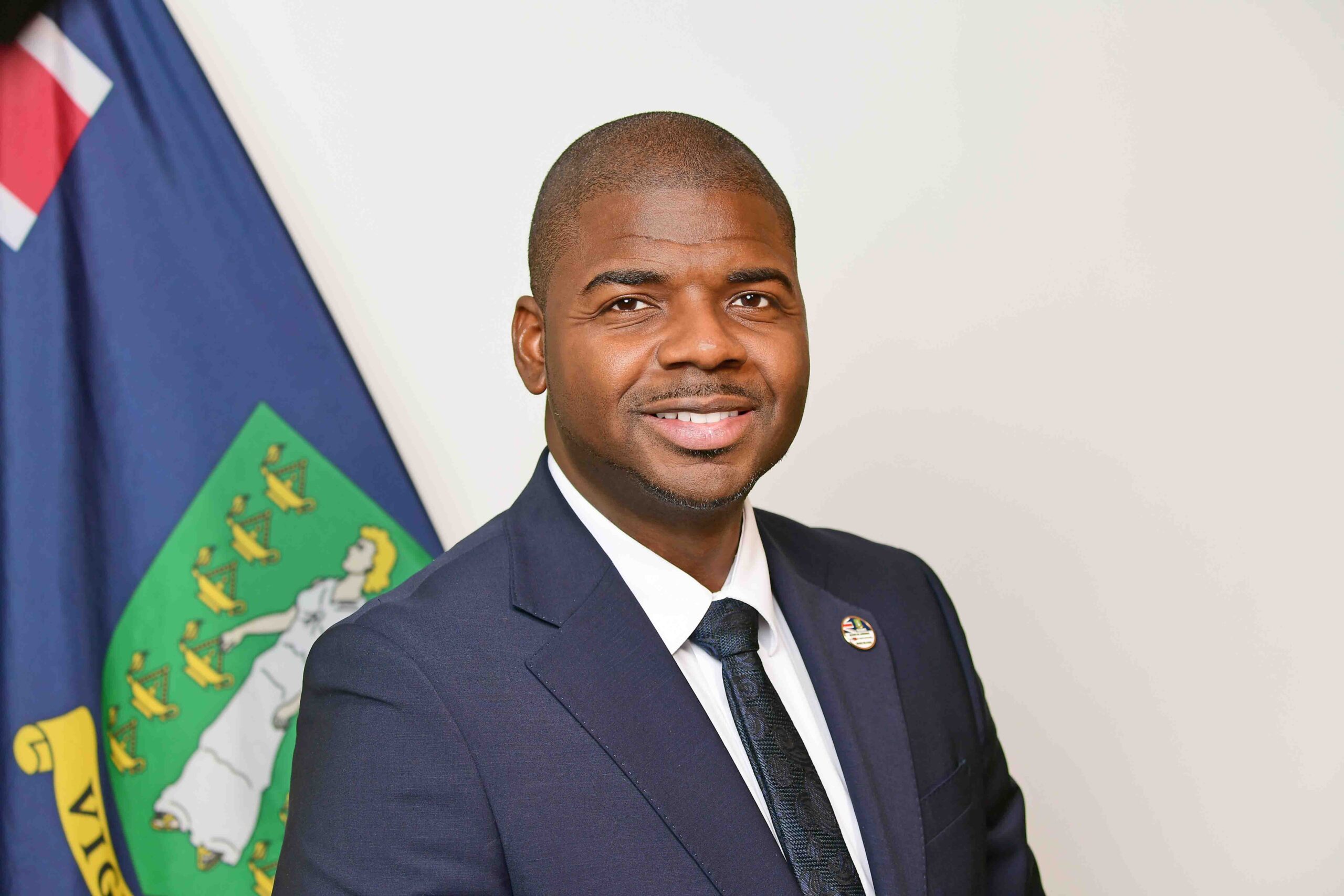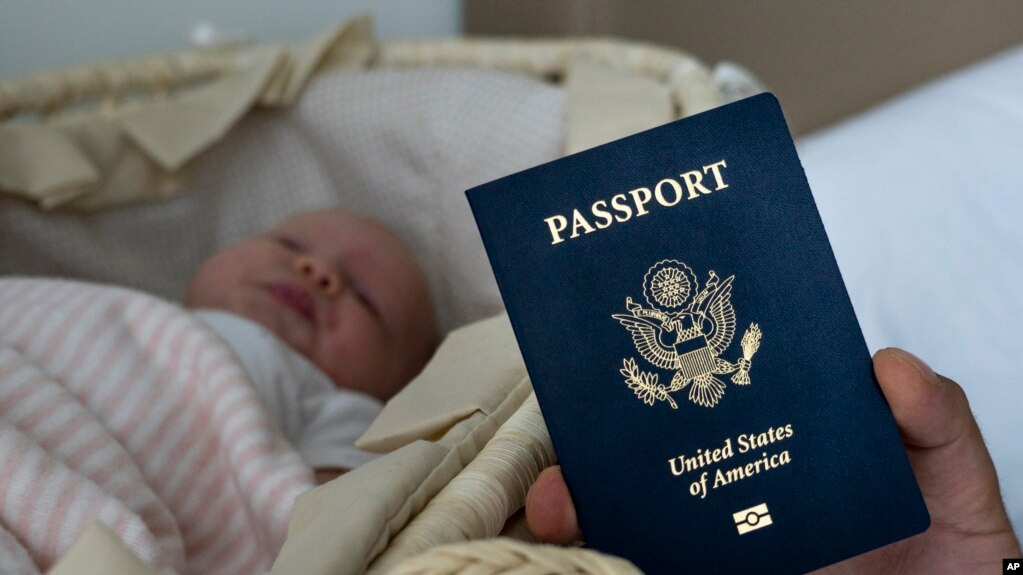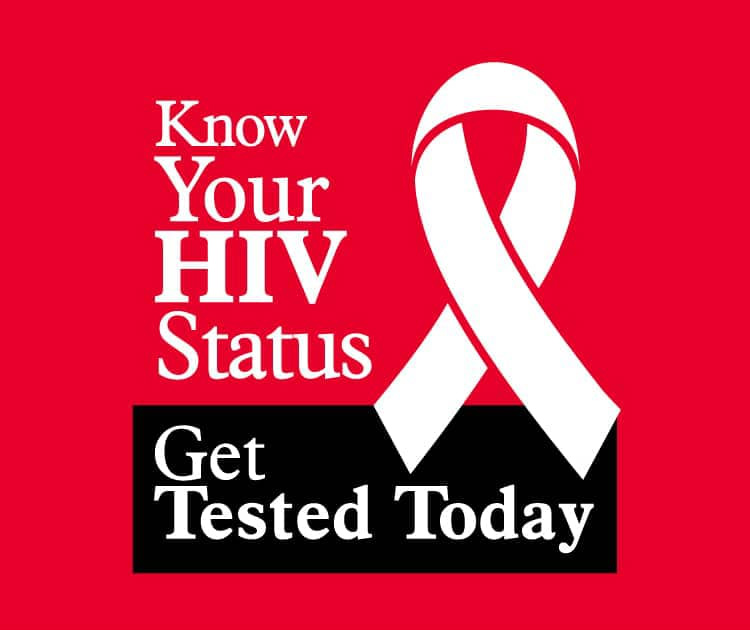International
UK’s Grip on BVI Under Scrutiny as UN Calls for Decolonisation

The United Nations has released the official report of the UN Special Committee on Decolonisation’s visiting mission to the British Virgin Islands (BVI), conducted from 26-27 August 2024. The mission assessed the Territory’s progress towards decolonisation and gathered insights from the population on the next steps towards self-governance and independence.
Premier Natalio D. Wheatley acknowledged the report’s findings in a statement on February 6, welcoming its recommendations. Key proposals include implementing a national education programme on the path to independence, establishing a timetable for self-governance, engaging in discussions with the United Kingdom (UK) as the administering power, and evaluating the need for a referendum on independence. The Premier confirmed that the report would be presented before the House of Assembly for debate within the framework of the constitutional review process and that public consultations would be held on its findings.
The mission, the first of its kind in 48 years, was met with broad engagement from government officials, residents, and representatives of the UK. It identified three central themes: the need for greater public education on decolonisation and self-determination, the preservation of cultural identity and values, and the role of human capacity in ensuring economic and social resilience.
The mission reported that while the people of the BVI remain determined about their future political status, further dialogue is necessary to build trust among the people, their leaders, and the UK government. Emphasising the fundamental principle of self-determination as outlined in the UN Charter, the report highlights the importance of inclusivity, particularly among young people and women, in shaping the Territory’s future.

The report also noted progress in the constitutional review process and the implementation of recommendations from the 2021 UK-led Commission of Inquiry. However, concerns were raised regarding the UK’s continued influence over the Territory’s governance, economy, and social policies, including regulations affecting the financial services sector and social issues such as same-sex marriage. While some viewed the Commission of Inquiry as an imposition of colonial oversight, others acknowledged improvements in public administration as a result.
The mission recognised increasing public support for independence but noted that a clear process and timeline remain undefined. Achieving independence, it stated, requires strong political institutions, economic sustainability, and infrastructure development. Key recommendations for the BVI’s transition include:
- Strengthening national institutions, particularly in security and economic management;
- Investing in infrastructure, including healthcare, education, and disaster resilience;
- Pursuing international partnerships for technical and financial support;
- Enhancing public communication to foster national unity;
- Implementing long-term development plans with periodic progress reviews;
- Establishing a transition period, with continued UN oversight to ensure preparedness.
The UN emphasised that cooperation between the BVI, the UK, and the international community will be essential in navigating this process. Lessons from other nations that have undergone decolonisation should also be considered to facilitate a smooth transition.
As the Fourth International Decade for the Eradication of Colonialism progresses, the report calls for concrete steps towards self-determination. These include a structured education programme on independence, a defined timeline for self-governance, continued negotiations with the UK—potentially with a UN-appointed arbitrator—and a possible referendum, should public consensus support it.
With the report set for parliamentary debate and public consultations, the coming months are expected to shape the next phase of the British Virgin Islands’ decolonisation journey. The level of engagement from the UK government and the broader international community will be pivotal in determining the Territory’s future political status.
International
U.S. Embassy Issues Warning on ‘Birth Tourism’
International
Overseas Territories Honoured for Strategic Value, Deepening Ties with UK
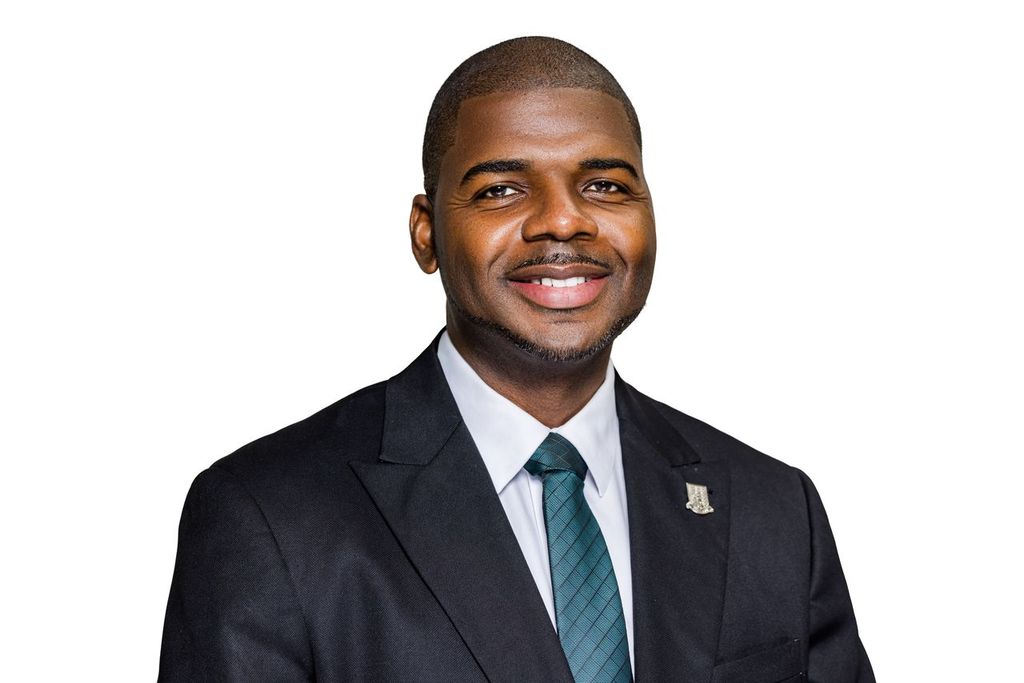
Against the backdrop of growing global uncertainty and shifting geopolitical alliances, the United Kingdom reaffirmed its commitment to its Overseas Territories this week during the observance of the Second Annual Overseas Territory Day. The event, championed by UK and Territory leaders alike, underscored the critical role these regions play in defense, environmental security, and Britain’s wider international footprint.
Speaking in his capacity as President of the United Kingdom Overseas Territories Association (UKOTA), Premier of the Virgin Islands Dr. the Hon. Natalio Wheatley described the occasion as an opportunity to reflect not only on the Territories’ vital roles in areas like security and environmental stewardship, but also on the “mutual respect and collaborative growth” that continues to define their relationship with the UK.
“Overseas Territories are not only vibrant communities rich in culture and heritage,” Premier Wheatley said in a statement Tuesday. “They are vital partners in the UK family… their contribution to the UK’s global presence and values cannot be overstated.”
Observed annually on the first Monday of June, Overseas Territory Day was marked in London with a series of ceremonial events, including a flag-raising at Parliament Square, a choral evensong at the Guild Church of St Lawrence Jewry, and a formal reception at Speaker’s House hosted by House of Commons Speaker Sir Lindsay Hoyle. The Virgin Islands was represented by UKOTA Chair and BVI Representative Tracy Bradshaw.
This year’s theme — “The Strategic Importance of the Overseas Territories and the Enduring Significance of our Constitutional Relationships with the United Kingdom” — reflected a growing focus on the Territories’ role in Britain’s global influence, particularly amid shifting geopolitical dynamics and climate-related vulnerabilities.
From the Caribbean to the South Atlantic, the Premier noted, Overseas Territories continue to punch above their weight. Citing efforts in renewable energy, biodiversity protection, and disaster preparedness, Dr. Wheatley praised the Territories for “thinking globally while acting locally.”
“These qualities not only define the character of our communities,” he said, “but also underpin their strategic relevance and global reach.”
Tuesday’s remarks also touched on the importance of responsible self-governance and ensuring that the voices of Overseas Territories remain central to policymaking at the UK level.
“We remain focused on ensuring their voices are not only heard but are instrumental in shaping policy and partnership,” Wheatley said.
The Premier closed with a call to unity and long-term vision, urging stakeholders to maintain momentum in advancing sustainable development, deepening constitutional ties, and building a legacy defined by “strategic cooperation, constitutional respect, and mutual progress.”
As Britain redefines its global relationships post-Brexit, events like Overseas Territory Day provide a moment to assess how longstanding ties — rooted in history but looking toward the future — continue to evolve.
International
BVI Urges UK and Other Colonial Powers to Support Self-Determination of Remaining Territories
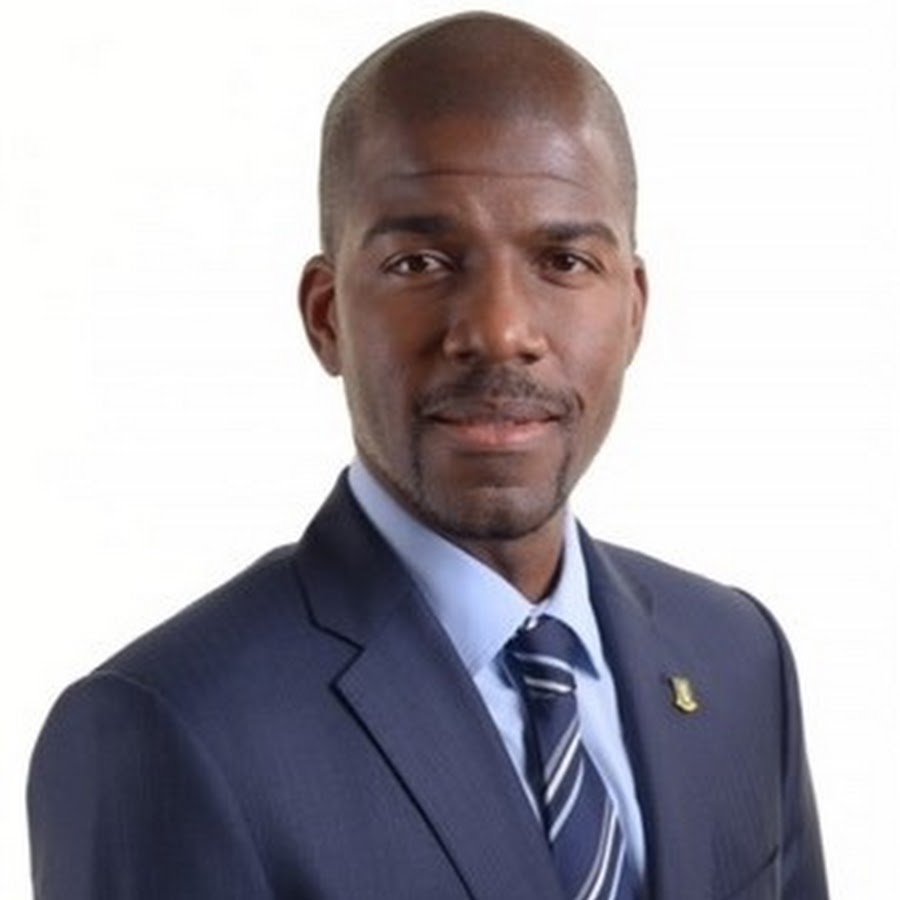
In a direct appeal to the international community, the British Virgin Islands (BVI) has called on the United Kingdom and other colonial powers to set aside their national interests and support the self-determination of the 17 remaining non-self-governing territories under the mandate of the United Nations Special Committee on Decolonisation (C-24).
Speaking at the UN’s Pacific regional seminar on decolonisation, held in the Timorese capital Dili from 21st to 23rd May, BVI Special Envoy Benito Wheatley urged administering powers to recommit to the principles of decolonisation and support a meaningful pathway to self-government for the remaining territories on the UN’s list.
“We all must work together to make progress on decolonisation,” Mr Wheatley said in his address. “I know it is hard to separate national interests from the process, but an effort must at least be made to work in the best interest of Non-Self-Governing Territories.”
He added that the Special Committee should prioritise the dispatch of visiting missions “where this is practicable,” noting that “the politics of the process is very complicated and requires dialogue, but no effort should be spared.”
The BVI, which hosted a UN visiting mission in August 2024, was recognised in the mission’s report for its advancement toward full internal self-government. The mission also recommended the establishment of a timetable for the Territory’s eventual independence.
Mr Wheatley expressed appreciation for the UN’s engagement and reiterated the Territory’s commitment to good governance and democratic reform. He also used the opportunity to highlight the broader need for sustainable development assistance, particularly in the face of growing climate threats.
“To truly advance self-determination, UN agencies must play a more active role in supporting the development priorities of these Territories,” Mr Wheatley stated. He urged the C-24 to adopt a resolution at its upcoming June session that would allow UN agencies to utilise their regular programme budgets to support Territories classified as Small Island Developing States (SIDS), especially those that are associate members of regional commissions such as ECLAC and ESCAP.
In a firm message to London, Mr Wheatley also called on the United Kingdom to formally withdraw the Order in Council currently held in reserve, which grants it the power to suspend the BVI’s constitution and impose direct rule if triggered.
“There is no longer an excuse for the UK to maintain this unnecessary, undemocratic and blunt colonial instrument over the Territory,” he said, noting that the BVI had completed the governance reform programme agreed in 2022.
The UN’s list of territories yet to be decolonised includes American Samoa, Anguilla, Bermuda, the British Virgin Islands, Cayman Islands, Falkland Islands, French Polynesia, Gibraltar, Guam, Montserrat, New Caledonia, Pitcairn, Saint Helena, Tokelau, Turks and Caicos Islands, the United States Virgin Islands, and Western Sahara.
The seminar in Dili marks a continuation of the UN’s longstanding commitment to decolonisation — a process that remains incomplete nearly eight decades after the adoption of the UN Charter.
-

 Crime/Police7 days ago
Crime/Police7 days agoThree Men Found Dead in Separate Incidents Across BVI —Police Launch Investigations
-

 Uncategorized2 weeks ago
Uncategorized2 weeks agoBody Found in Road Town Waters Identified as Missing Man
-
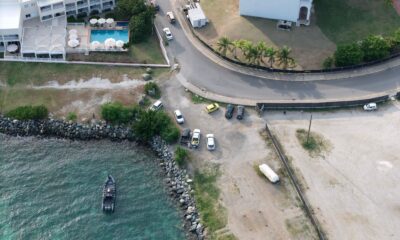
 Uncategorized2 weeks ago
Uncategorized2 weeks agoBody Recovered Near Maria’s by the Sea Hotel
-
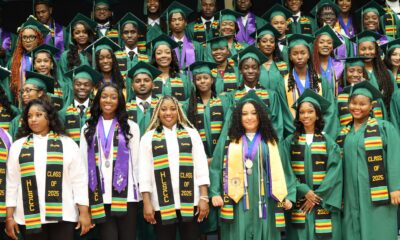
 Education5 days ago
Education5 days agoHLSCC Honors Top Achievers at 32nd Graduation Ceremony
-
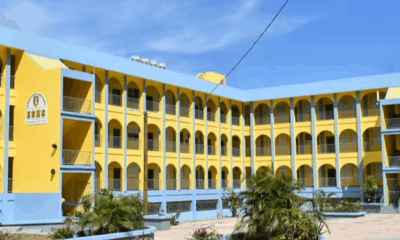
 Education2 weeks ago
Education2 weeks agoBVI Records Over 85 Student Suspensions in Early 2025
-

 Local News2 weeks ago
Local News2 weeks agoU.S. Travel Ban on Haiti and Other Nations Sparks Concern Across the Caribbean
-

 Entertainment6 days ago
Entertainment6 days agoMiss BVI Pageant Canceled for 2025, Confirms Junior Minister Hodge Smith
-
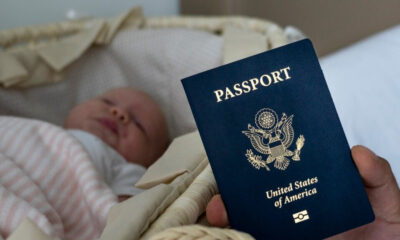
 International2 weeks ago
International2 weeks agoU.S. Embassy Issues Warning on ‘Birth Tourism’






